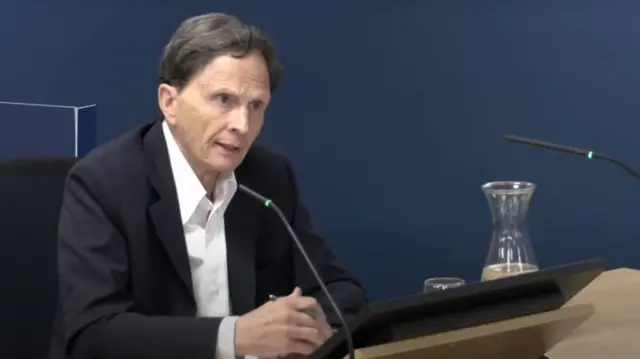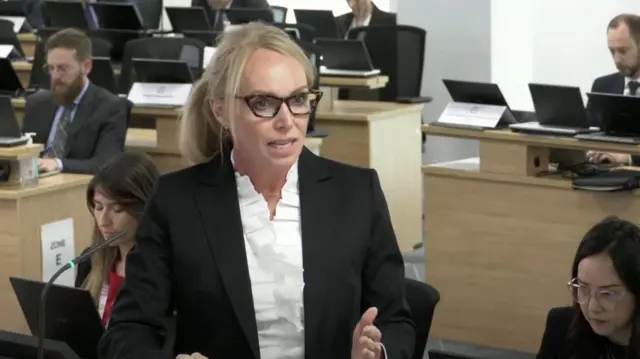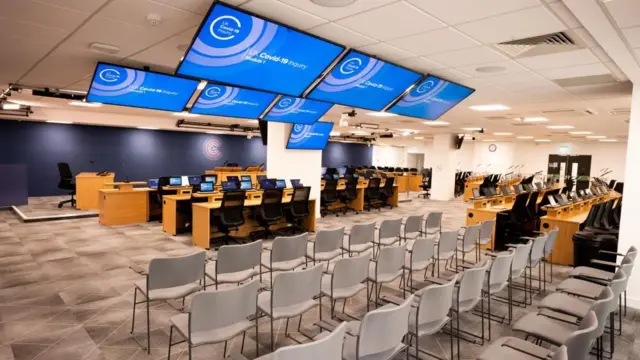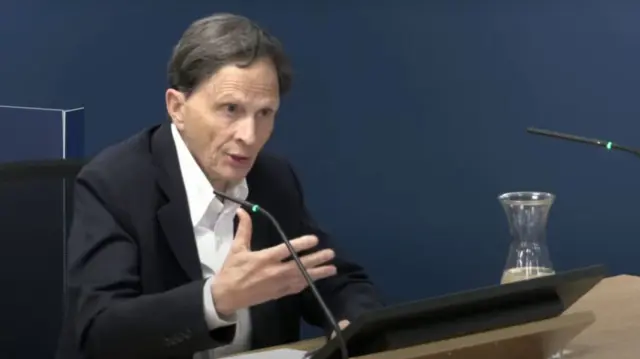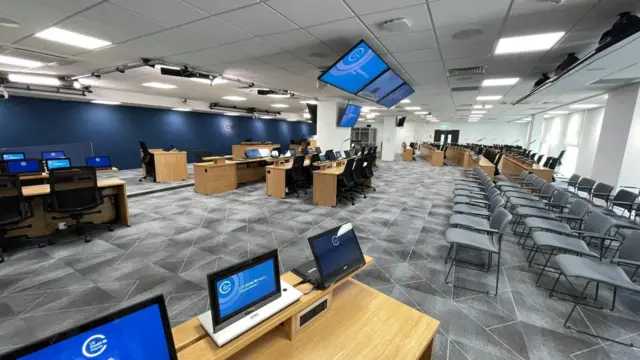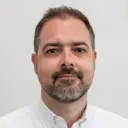A future pandemic is inevitable - expertpublished at 12:37 BST 15 June 2023
 Hugh Pym
Hugh Pym
BBC News Health Editor
The two new witnesses were asked by the inquiry to consider pandemic preparedness and other resilience measures in their report.
They were asked what they thought the government view on future disease outbreaks was now?
Bruce Mann said a review of government security in 2021 included an assumption that there would be more infectious disease outbreaks by 2030 and another novel pandemic was a realistic possibility.
Professor Alexander said a novel pandemic was an "inevitability".
